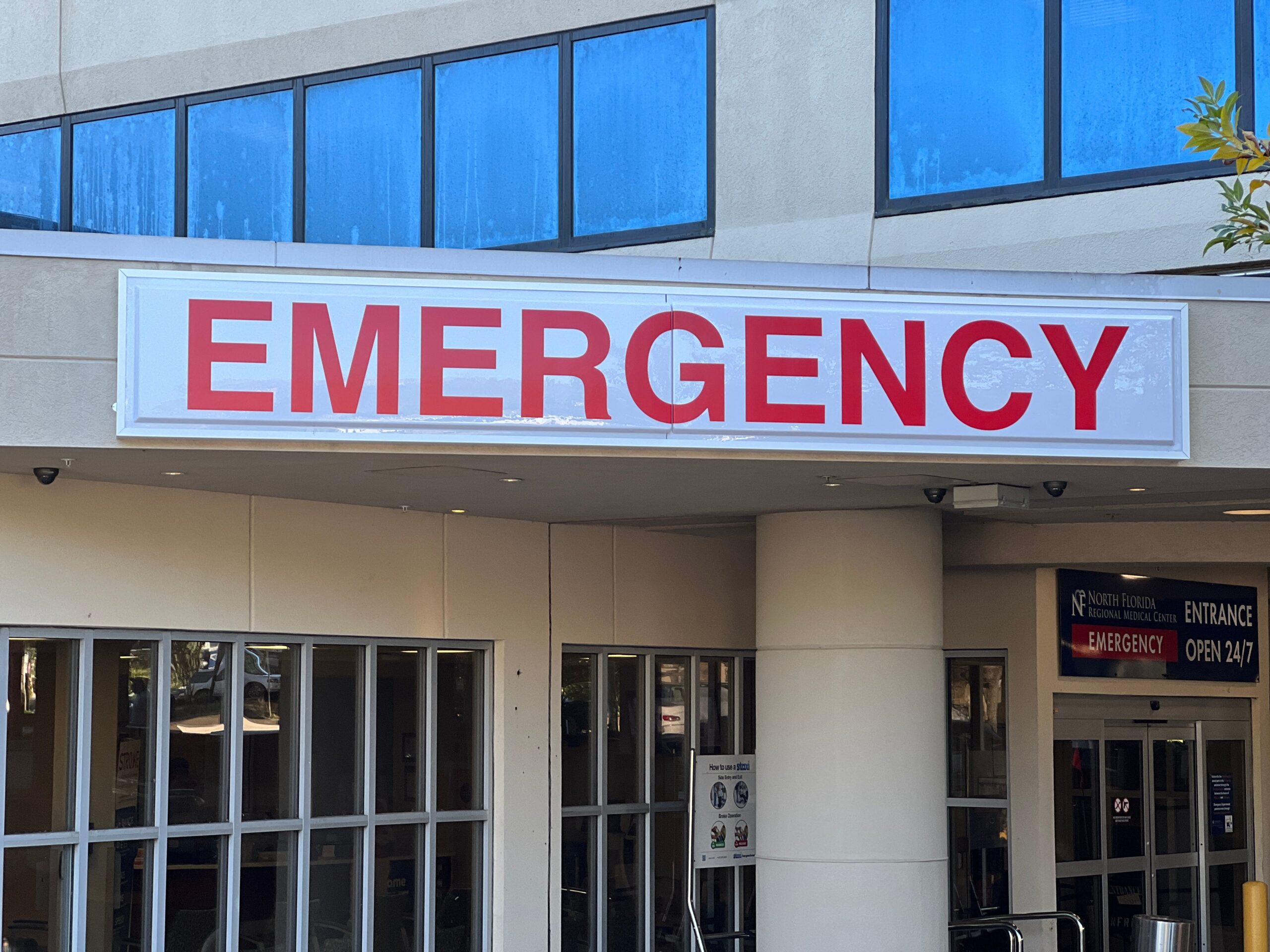
A recent study by the Insurance Institute for Highway Safety (IIHS) showed that 15 out of the 20 most dangerous models for drivers were small cars, particularly subcompacts or superminis. This is not a new revelation, but this information has been broken down to show why these small cars are dangerous, if there are exceptions, and what drivers can do to avoid major car accidents.
Drivers or passengers who have lost family members have a right to file a wrongful death suit after a fatal crash. These drivers, however, should be aware of the vehicles that are not safe or have been shown to be involved in a higher number of fatal accidents.
How Many People Are Killed in Car Accidents Every Year?
From 2015-2018, there were nearly 135,000 fatal automobile accidents. It may come as no surprise that drivers and passengers in small cars are much more likely to be killed in these crashes, but the IIHS reviewed the information further to determine how often small vehicles were involved in fatal accidents.
As the IIHS expanded its study, researchers checked car accident deaths per million registered vehicles. Even when the study considered every million registered vehicles, small cars were consistently at the bottom of every ranking system.
The study also looked at the number of deaths per 10 billion miles driven. Vehicles like the Ford Fiesta, Hyundai Accent, and Chevrolet Sonic were the worst performers when considering fatalities for every million registered vehicles. The Ford Fiesta alone shocked researchers with 141 driver deaths during the span of their study.
On the other side of the spectrum, very large SUVs have the lowest number of driver deaths; this is because these vehicles are very large compared to other vehicles on the road. Large vehicles averaged 15 deaths per million vehicles registered, while subcompacts and superminis averaged 82 deaths per million vehicles over the course of the study.
Why Are Small Cars More Dangerous for Drivers?
It is clear to see that larger vehicles have more crumple space and can absorb more impact. Smaller vehicles also tend to lack advanced safety systems, technical driver aides, and a body that can absorb the impact of a crash.
While drivers in small cars often cannot afford more expensive vehicles, they should be aware of the fact that their vehicles are more likely to suffer severe impact during a crash. With fewer driver aides and advanced technology, small car drivers should drive more carefully. Additionally, smaller vehicles are more likely to be crushed or crumpled in multi-vehicle accidents.
Small cars that seem affordable and reliable may fulfill two wishes for every car buyer. You need a car you can afford, and you need a car that will not break down. While the Ford Fiesta rated 74 out of 100, according to JD Power, for overall reliability, affordability, and amenities, it sits at the bottom of the driver safety study. Drivers must consider both ends of the spectrum before buying.
Are There Exceptions to the Rule?
There are two notable exceptions to the prevailing information shown in the IIHS study. The Nissan Leaf and Volkswagen Golf scored extremely well in the driver safety study even though they are small hatchbacks. On the other hand, sports cars and luxury cars that are typically driven fewer miles in a year had a very high crash and driver death rate.
While there is no way to know why these vehicles are the exceptions to the rule, drivers can infer a few things, such as sports cars and luxury cars with powerful engines are often driven faster and more aggressively because owners feel that their cars are meant for speeding. Additionally, the Nissan Leaf and Volkswagen Golf are designed extremely well compared to other vehicles in their class.
Sports cars and luxury cars tend to be driven much less during the year, but they still performed poorly in the IIHS survey. This data suggests that sports car drivers and luxury drivers may not take road safety seriously. Some of these vehicles are lightweight and unable to absorb the impact of a crash, and others are designed with luxury and speed in mind instead of safety.
The Jeep Wrangler was also shown to perform poorly in rollover crash tests even though the vehicle is fairly large. It is best to research the car you want to buy before investing your money. The Volkswagen Golf is a fun car to drive, and the Nissan Leaf will help drivers save money on fuel, and they might pay a bit more for them because they have good safety scores.
How Can Drivers Avoid Accidents?
Drivers in small cars can avoid accidents using a few simple tips:
- Adjust mirrors to ensure good visibility.
- Do not weave in and out of traffic where larger vehicles cannot fully see oncoming cars.
- Signal before changing lanes.
- Avoid aggressive drivers.
- Obey the speed limit.
- Stay in the right lane to avoid high-speed traffic.
- Wear seat belts at all times.
While small car drivers cannot make up for the small size of their vehicles and the intense impact of a car crash, basic safety tips may help these drivers avoid accidents that could cause serious injuries or death. Slowing down and staying out of the way can help any driver avoid potentially lethal situations on the road.
Drivers in more expensive cars should not assume that the driver aides and safety systems can save them. These vehicles are technologically advanced, but the IIHS study shows that these vehicles cannot completely stop accidents from happening.
Anyone who takes the steps listed above is more likely to remain safe on the road. At the same time, drivers must be aware of any issues their vehicles might have. This means a vehicle should be maintained properly, repaired when it does not function properly, and brought in for recall or warranty repairs when needed.
Monmouth County Car Accident Lawyers at the Falcon Law Firm, LLC Assist Families Who Have Lost Loved Ones in Car Accidents
Consult with our Monmouth County car accident lawyers at the Falcon Law Firm, LLC when you need help with a car accident or wrongful death case. Call us today at 732-454-3306 or contact us online for a free consultation. Located in Oakhurst, Parlin, and Aberdeen, New Jersey, and Doylestown, Pennsylvania, we happily serve clients throughout Asbury Park, Belmar, Deal, Ocean Township, Point Pleasant, Long Branch, West Long Branch, Sayreville, Middlesex County, and Monmouth County, New Jersey, as well as Bucks County, Pennsylvania.



